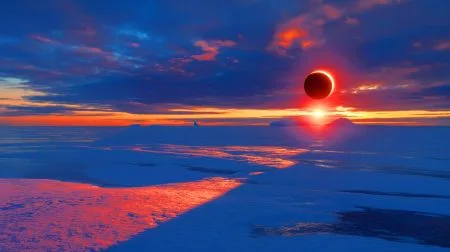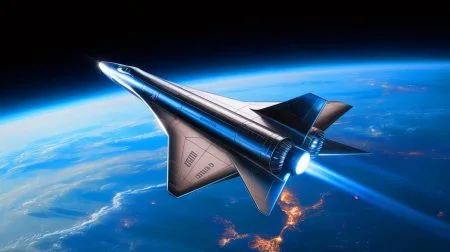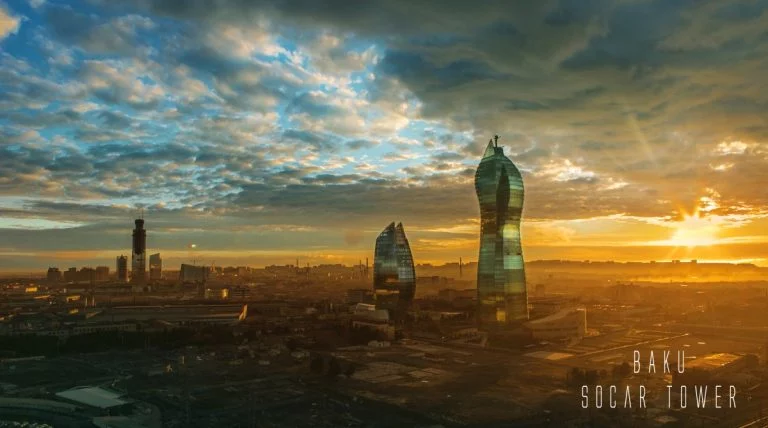Azerbaijan’s state-run oil company (Socar) and Norwegian oil and gas giant Equinor are due to start drilling an appraisal well in the Karabakh field, which contains estimated oil reserves of 100 million tonnes.
Socar president Rovnag Abdullayev and Torgrim Reitan, Equinor’s international development chief, made the announcement in Azerbaijan.
After drilling an appraisal well, the firms plan to build a platform at the Karabakh field and also develop the Azeri-Chirag-Deepwater Gunashli fields.
Reitan stressed the importance of Equinor’s work in Azerbaijan. The firms emphasised the need for a more rapid implementation at Karabakh.
Equinor and Socar have been conducting seismic exploration since September and about 80 per cent of 3D exploration has already been completed. The data analysis is due to begin next month.
Equinor has been operating in Azerbaijan since 1992.
Caspian debate
Azerbaijan and Turkmenistan have declared themselves strategic partners to bring their gas to Europe.
The Caspian basin has 48 billion barrels of proven oil reserves, while natural gas reserves are estimated at 8.76 trillion cubic metres.
Turkmenistan’s president, Gurbanguly Berdymukhamedov, visited his Azeri counterpart Ilham Aliyev in Baku in August to discuss the routes to transport Caspian gas to the European markets.
But the meeting failed to resolve a border dispute in the Caspian Sea over who should control a gas field called Kyapaz in Azerbaijan and Serdar in Turkmenistan that straddles the contested border.
The overall Caspian debate is the determination of whether the giant basin is a sea or a lake. If it is a lake, the five states can equally divide and exploit the energy potential of the basin. Iran backs this option as it holds only 13 per cent of Caspian reserves. If the Caspian is designated as a sea, the states can only exploit the reserves contained within their maritime borders.
The lack of an agreed legal status for the Caspian prevents the development of the Trans-Caspian oil and gas corridor, by Kazakhstan and Turkmenistan.
A failed 1997 attempt by Socar and Russia’s Rosneft and Lukoil to exploit the Kyapaz/Serdar deposit soured bilateral relations with Turkmenistan. The Central Asian dictatorship then tried to work with Mobil to extract Caspian gas but the US oil giant backed out to avoid offending the Baku regime.
Both nations are keen to tap into the lucrative European energy market, especially while supplies from Russia are disrupted by delays to the Nord Stream 2 pipeline to Germany and Iran faces heavy sanctions.
Turkmenistan wants to be connected to the Southern Gas Corridor being constructed from Azerbaijan to Italy. A Trans-Caspian gas pipeline was first proposed in the 1990s but remains a distant prospect.
Both countries say a pipeline can be agreed bilaterally but both Russia and Iran say that, until legal questions over the Caspian are resolved, the project requires the approval of five Caspian countries.
The Caspian basin is believed to have reserves of 48 billion barrels of oil, more than Nigeria or the US, and 8.3 trillion cubic metres of natural gas, which is roughly equivalent to Saudi Arabia’s reserves.
Socar Tower in Baku. Picture credit: PXHere
Did you like it? 4.5/5 (21)







